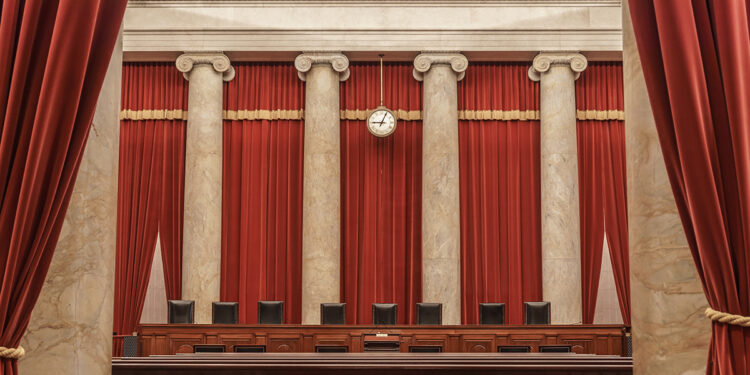Ryan Routh, the man accused of attempting to assassinate President Donald Trump at his Florida golf course, will present his defense Monday with just three witnesses after choosing to represent himself in federal court.
Routh faces charges of attempting to assassinate a major presidential candidate, assaulting a federal officer, and multiple firearm violations stemming from the September 15, 2024 incident at Trump’s West Palm Beach country club. He has pleaded not guilty to all charges.
Federal prosecutors rested their case Friday after seven days of testimony from 38 witnesses, alleging Routh spent weeks planning the assassination attempt before positioning himself with a rifle in shrubbery along the golf course perimeter.
Cell phone records revealed that shortly before the incident, Routh texted his three adult children and fiancée separately to express his love. Later that day, he called his fiancée from Palm Beach County jail about his arrest, but she already knew. “Everybody knows, it’s been hours,” she said in a recorded call. “The whole world knows.”
U.S. District Judge Aileen Cannon approved Routh’s request to represent himself following July hearings where he expressed dissatisfaction with his court-appointed attorneys. “How are they supposed to represent me and say I’m not a dangerous person when they don’t believe that?” Routh told the court.
The Supreme Court has established that criminal defendants have the right to self-representation if they demonstrate competency to waive attorney representation. Routh’s former public defenders remain as standby counsel throughout the proceedings.
Routh indicated he plans to call a firearms expert and two character witnesses, requiring approximately half a day for his defense presentation. He has not disclosed whether he will testify on his own behalf.
A Secret Service agent testified that he spotted Routh before Trump came into view during the golf outing. When Routh aimed his rifle at the agent, the agent opened fire, causing Routh to drop his weapon and flee without firing shots.
Law enforcement received assistance from a witness who observed someone fleeing the area after hearing gunshots. The witness was flown by police helicopter to a nearby interstate where Routh was arrested, and the witness confirmed his identification.
The incident occurred nine weeks after Trump survived an assassination attempt in Pennsylvania, where a gunman fired eight shots, grazing Trump’s ear before being fatally shot by a Secret Service counter-sniper.
Routh, a North Carolina construction worker who relocated to Hawaii, had attempted to insert himself into international conflicts as a self-styled mercenary leader. During the early Ukraine war, he tried recruiting soldiers from Afghanistan, Moldova, and Taiwan to fight Russians.
His criminal history includes a 2002 arrest in Greensboro, North Carolina, for eluding police and barricading himself with a fully automatic weapon and explosive device. A 2010 case involved police discovering over 100 stolen items in his warehouse. In both felony cases, judges imposed probation or suspended sentences.
Closing arguments are scheduled for Tuesday, with each side receiving one hour and 45 minutes. Jury deliberations will begin afterward. Judge Cannon initially allocated over three weeks for the trial, but Routh’s brief cross-examinations have accelerated the pace.
Routh also faces separate state charges of terrorism and attempted murder, to which he has pleaded not guilty.






